.png)

Belgium 10-3-26 All Members Physical english
From modular business design to AI-driven pipelines, architectures, and operationsA composable enterprise is built on modular processes, API-driven ecosystems, low-code platforms, and cloud-native services. It promises speed and adaptability by allowing organisations to reconfigure their capabilities as conditions change. However, modular design alone does not guarantee resilience; the way these systems are engineered and operated is just as important.This is where AI is beginning to make a difference. Beyond generating snippets of code, AI is already influencing how entire systems are developed and run: accelerating CI/CD pipelines, improving test coverage, optimising Infrastructure-as-Code, sharpening observability, and even shaping architectural decisions. These changes directly affect how quickly new business components can be deployed, connected, and retired.In this session, we will examine how CIOs can bring these two movements together:Composable design is the framework for flexibility and modularity.AI-augmented engineering is the force that delivers the speed, quality, and intelligence needed to sustain it.The pitfalls of treating them in isolation: composability that collapses under slow engineering cycles, or AI that only adds complexity without a modular structure.The discussion goes beyond concepts to practical implications: how to architect organisations that can be recomposed at speed, without losing control or reliability. The outcome is an enterprise that is not only modular in design but also engineered to adapt continuously under real-world conditions.
Read More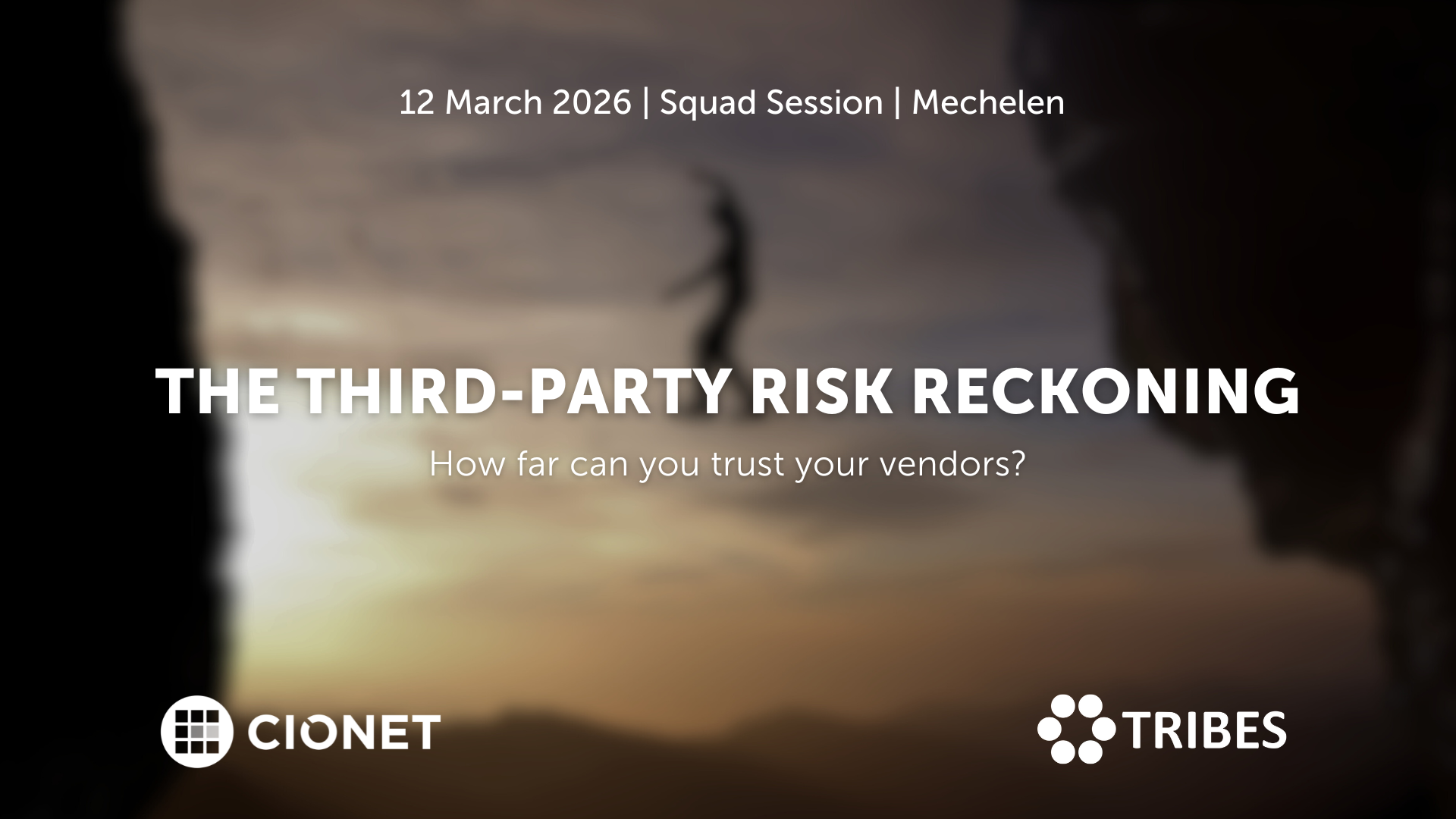
Belgium 12-3-26 Physical english
Tomato! Tomato! Tomato! Get your tomato now! Every vendor sells security. And every company depends on vendors, partners, and suppliers. The more digital the business becomes, the longer that list grows, and so does the attack surface. One weak link, and there is always one, or one missed update, and trust collapses faster than any firewall can react. What used to be a procurement checklist has become a full-time discipline. Questionnaires, audits, and endless documentation prove that everyone’s “compliant,” yet incidents keep happening. So it’s clear: the issue isn’t lack of policy, or maybe a bit, but mostly lack of visibility. Beyond a certain point, even the most secure organisation is only as safe as its least prepared partner (or an employee who hadn’t had their morning coffee). So how far can you trust your vendors? How do you check what you can’t control? And when does assurance become theatre instead of protection? Does it come at a different cost? Let’s exchange what works and what fails in third-party risk management: live monitoring, shared responsibility models, contractual levers, and the reality of building trust in a chain you don’t own. A closed conversation for those redefining what partnership means when risk is shared but accountability isn’t.
Read More.jpg)
Belgium 19-3-26 Country Members Physical french
Moins de Partenaires : La consolidation vaut-elle le risque ? Le problème est la prolifération des fournisseurs : trop d'outils causant de la complexité, une taxe d'intégration paralysante et de la redondance. La Taxe d'Intégration est le coût caché (en temps, en échecs et en ressources) d'essayer de faire fonctionner ensemble des systèmes disparates. Cet échange se concentre sur des stratégies éprouvées pour simplifier de manière agressive le parc technologique, consolider les fournisseurs et élever certains fournisseurs clés au rang de partenaires stratégiques.
Read More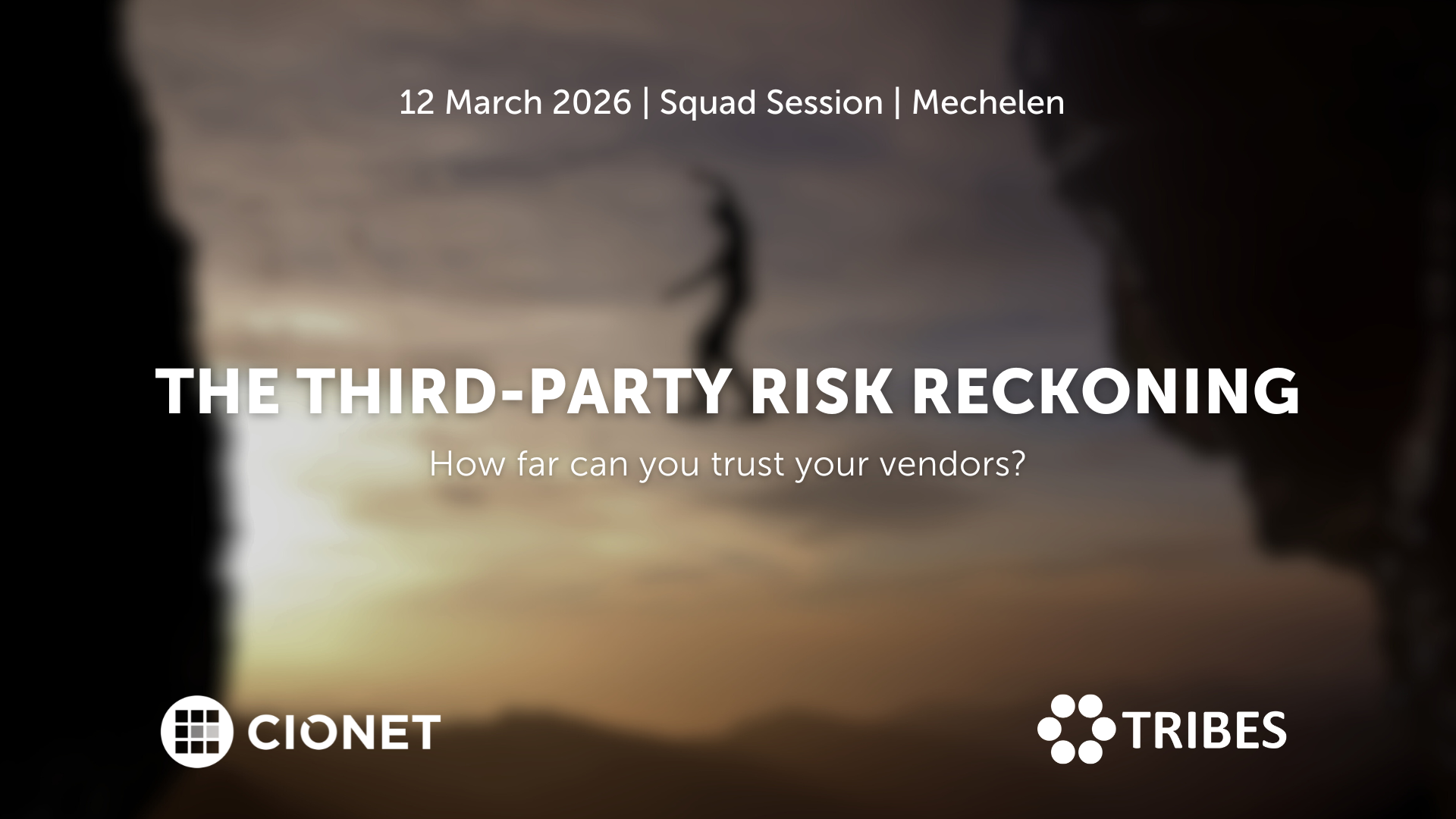
March 12, 2026 Squad Session Invitation Only Physical english
Tomato! Tomato! Tomato! Get your tomato now! Every vendor sells security. And every company depends on vendors, partners, and suppliers. The more digital the business becomes, the longer that list grows, and so does the attack surface. One weak link, and there is always one, or one missed update, and trust collapses faster than any firewall can react.
Read More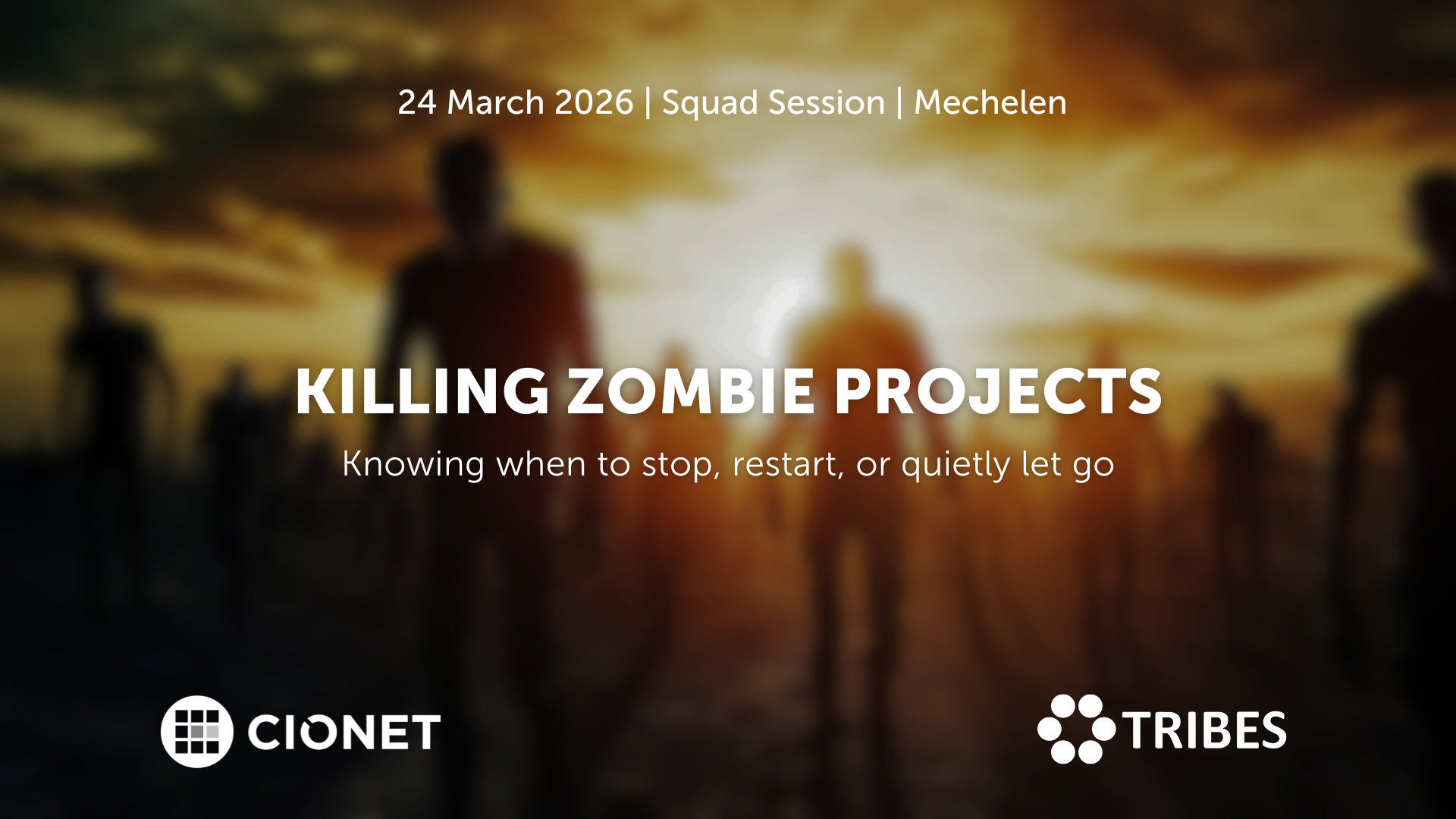
March 24, 2026 Squad Session Invitation Only Physical english
Every organisation has them, projects that keep running long after their purpose has faded. No one remembers who asked for them, but shutting them down feels riskier than keeping them alive. And eventually, people stay assigned, budgets stay allocated, and energy drains into work that no longer matters. Inertia at its finest.
Read More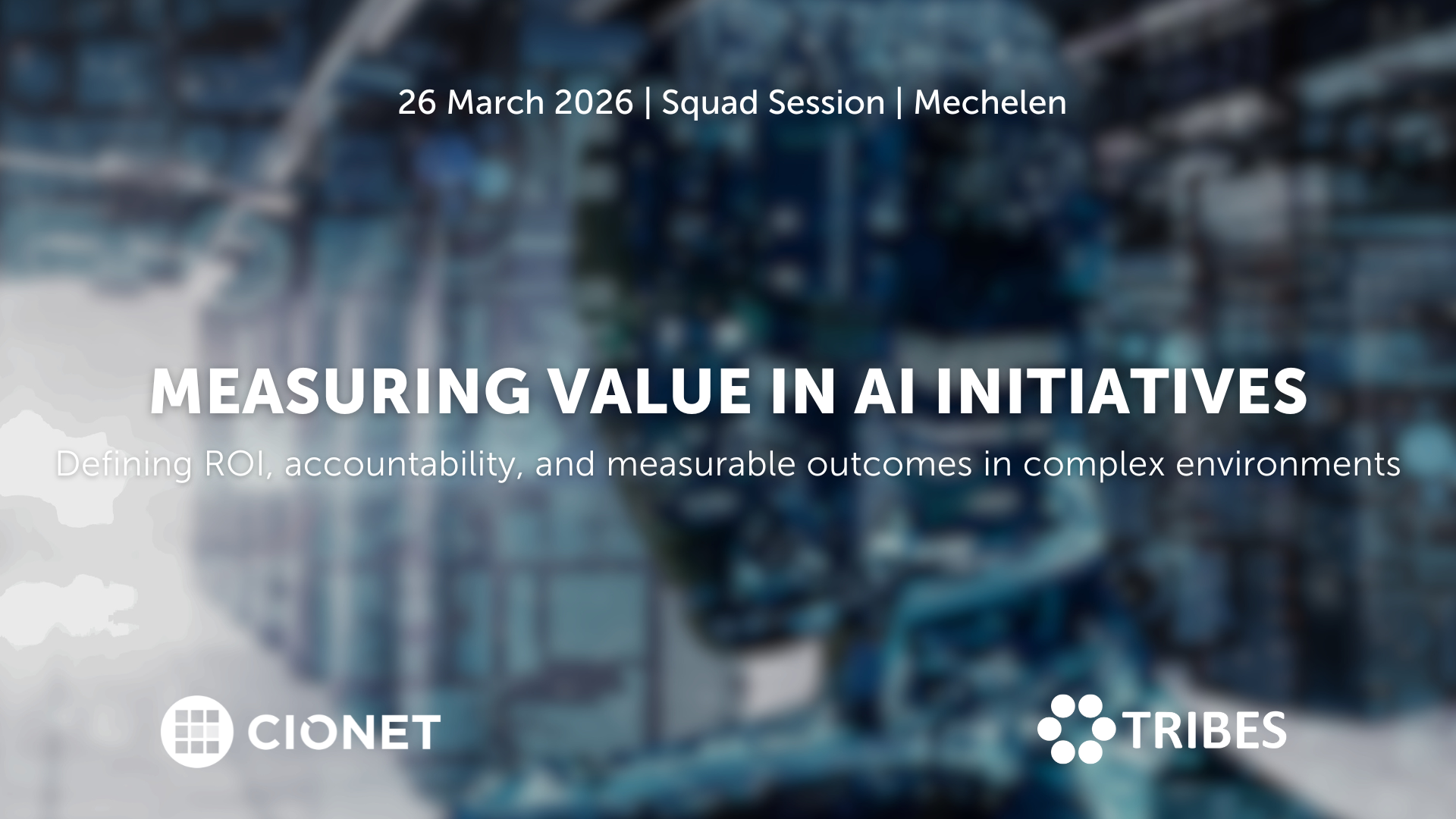
March 26, 2026 Squad Session Invitation Only Physical english
AI projects continue to multiply, but proving their value remains difficult. Most organisations can track activity, not impact. Dashboards count pilots and models, yet few translate to measurable business outcomes. The result is familiar: success stories without clarity on what they actually delivered.
Read More
CIONET Trailblazer: CISO: The Shift from Prevention to Resilience: Turning Visibility into Execution
Published on: January 28, 2026 @ 9:48 AM

CIONET Trailblazer: AI Transformation: Bridging the Cultural Divide to Achieve Competitive Advantage
Published on: December 17, 2025 @ 9:16 AM
Shell launched a civic development initiative called DIY, short for “Do IT Yourself.” DIY, leaning heavily on the Microsoft Power Platform and the Power Platform Power Apps and Power Automate products, invites and empowers workers with no coding experience to build low-code applications and automate.
Over the course of nearly 200 years, Shell has evolved from a one-man business importing seashells from the Far East to an international energy company with 93,000 employees in more than 70 countries. Today the company explores, produces, refines, and markets oil and natural gas while leading the global transition to a low-carbon energy system.
Shell’s enduring spirit of innovation — anchored by its long-standing commitment to sustainable development — led the company to launch a citizen-development initiative called DIY, an acronym for “Do IT Yourself.” Relying heavily on Microsoft Power Platform, and Power Platform products Power Apps and Power Automate, DIY invites and empowers employees with no coding experience to develop low-code applications, and automation, providing innovative solutions to business problems. The result? Shell estimates that DIY has generated a significant return on investment, enabling efficiencies and cost savings.
In just a few short years, DIY has revolutionized application development at Shell and positioned the company as an early adopter of low-code technologies. “It’s really a movement within Shell nowadays,” says Anna Sosievici, a Transformational Change Consultant at Shell. “Creating these solutions is not part of most people's day jobs. It's driven by a passion for finding creative ways to solve their business problems.”
Fostering and supporting a culture of low-code self-reliance among non-technical employees at Shell called for a deliberate approach. “It requires employees to upskill, and evolve their capabilities and data sources,” says Paul Kobylanski, who leads citizen development at Shell. “To enable and drive widespread adoption, we first had to win the hearts and minds of our community.”
Once the company leadership bought into the vision, Shell identified champions and advocates throughout the organization — most notably within lines of business. Inspiring success stories were promoted and shared through a central portal that engages and educates the community. “We used bootcamps, persona-based learning paths, and hackathons for ideation,” says Kobylanski. “The process of development was gamified, while showing the art of the possible.”
"We have coaches embedded in every community within our ecosystem,” adds Sosievici. “They provide valuable support to our developers and help launch new capabilities. They are a key part of our DIY initiative."
The emphasis on inspiration and celebration helped to make the program succeed well beyond its initial aspirations. "The original goal was to train five hundred DIY developers," says Kobylanski, "but this has now grown beyond our expectations to over 4,000 active DIY Developers across the business." As awareness of DIY and some high-value applications grew, engagement spread, and communities of practice began to form. “We embraced the philosophy that everyone — wherever they sit in the organization — can improve our operations by developing software applications,” Kobylanski explains.
With 4,000 citizen developers (and growing) Shell’s DIY community is making material contributions in a variety of areas. A few examples:
“A few years ago, if you were in a business role you knew your process very well, including where they were failing or not as optimized as possible,” says Sosievici. “But you didn’t have the power to make a change unless you could make a strong business case for IT to solve the problem. Nowadays, you can solve it yourself, and that is extremely liberating for people.”
This sense of empowerment is extremely important to Shell, not only in terms of business results, but redefining the traditional roles of business and IT. “People are solving and improving things that are meaningful to them in their daily work,” Kobylanski explains, “and some of them are emerging as great developers on the platform.”.
“We now recognize DIY as a mode of delivery,” Kobylanski continues. “As we look to prioritize and focus our IT resources on the biggest strategic programs, DIY empowers our businesses to deliver value that IT cannot always get to… which is extremely powerful.”
Looking forward, Kobylanski aims to accelerate adoption even further. “I’d like to see DIY even more widely adopted, like enterprise desktop tools of the past. In addition, I think the future of developing solutions is about to change - from writing lines of code to something more creative where machines build through the power of voice alone. With innovations like Copilot for Power Platform, the possibilities for creative and efficient solution development seem boundless. These are the moments that change the way we look at technology, right?”
333 Views 0 Likes Read More
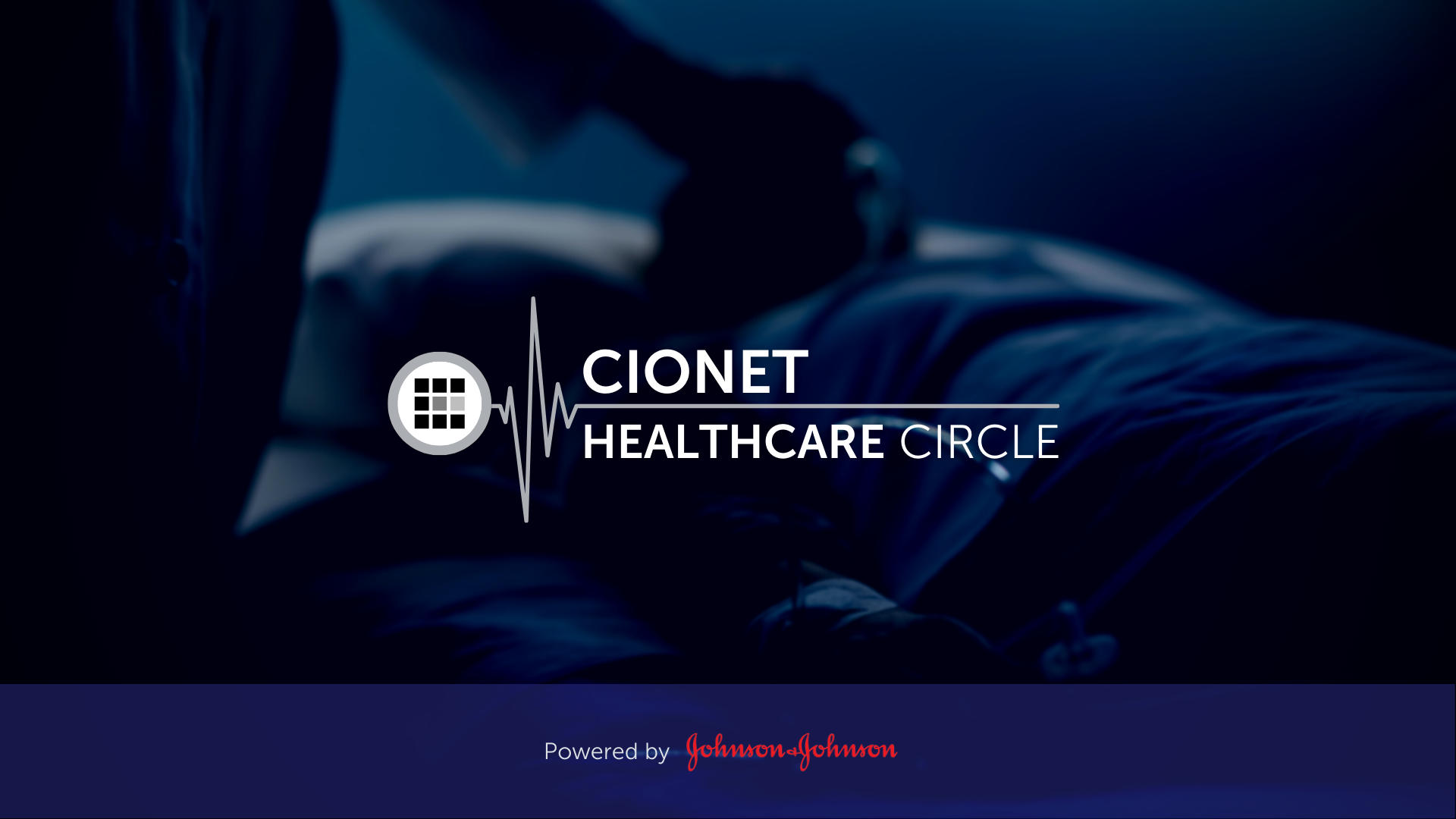
Digital Transformation is redefining the future of health care and health delivery. All stakeholders are convinced that these innovations will create value for patients, healthcare practitioners, hospitals, and governments along the patient pathway. The benefits are starting from prevention and awareness to diagnosis, treatment, short- and long-term follow-up, and ultimately survival. But how do you make sure that your working towards an architecturally sound, secure and interoperable health IT ecosystem for your hospital and avoid implementing a hodgepodge of spot solutions? How does your IT department work together with the other stakeholders, such as the doctors and other healthcare practitioners, Life Sciences companies, Tech companies, regulators and your internal governance and administrative bodies?
Read More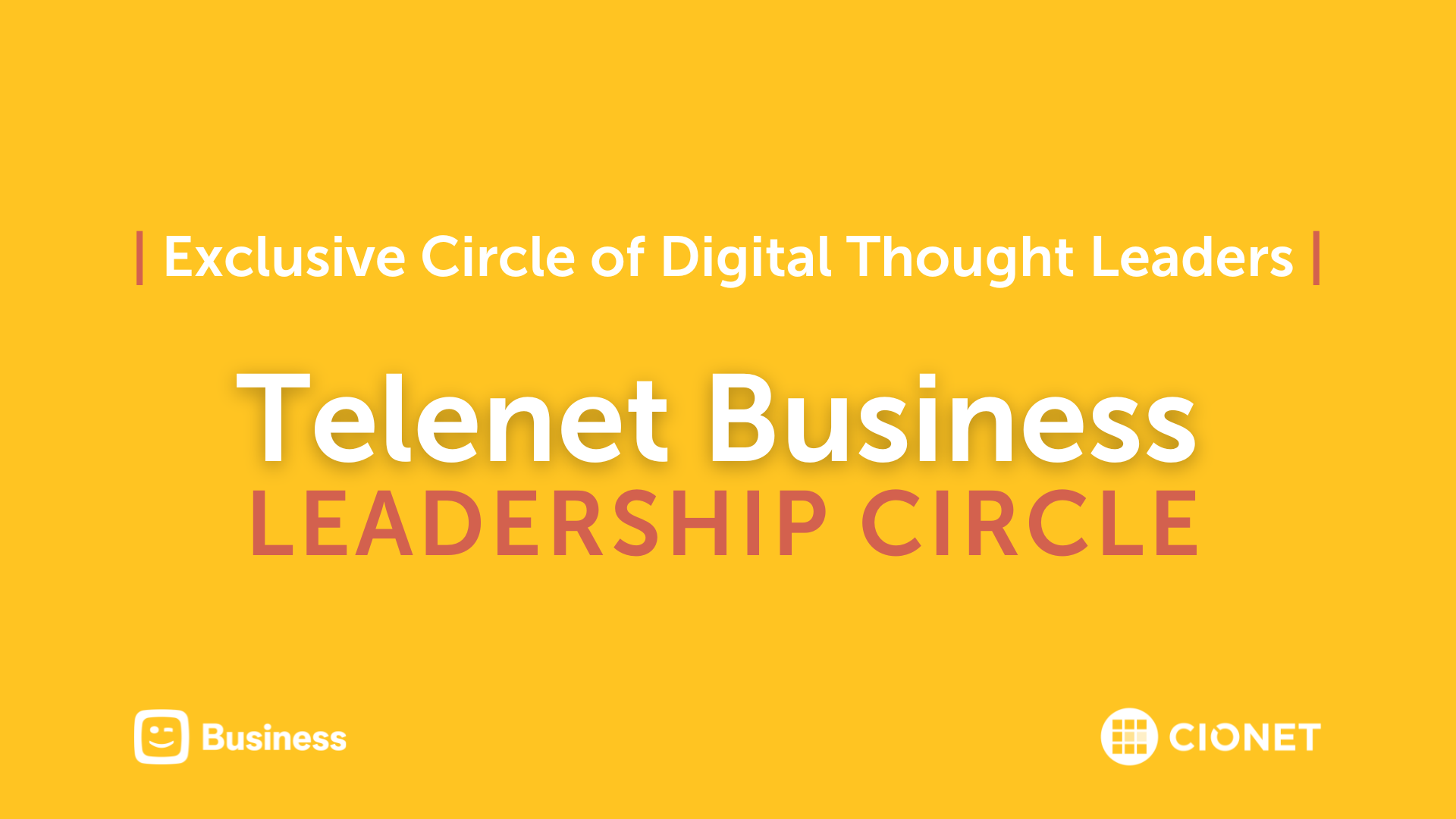
The Telenet Business Leadership Circle powered by CIONET, offers a platform where IT executives and thought leaders can meet to inspire each other and share best practices. We want to be a facilitator who helps you optimise the performance of your IT function and your business by embracing the endless opportunities that digital change brings.
Read More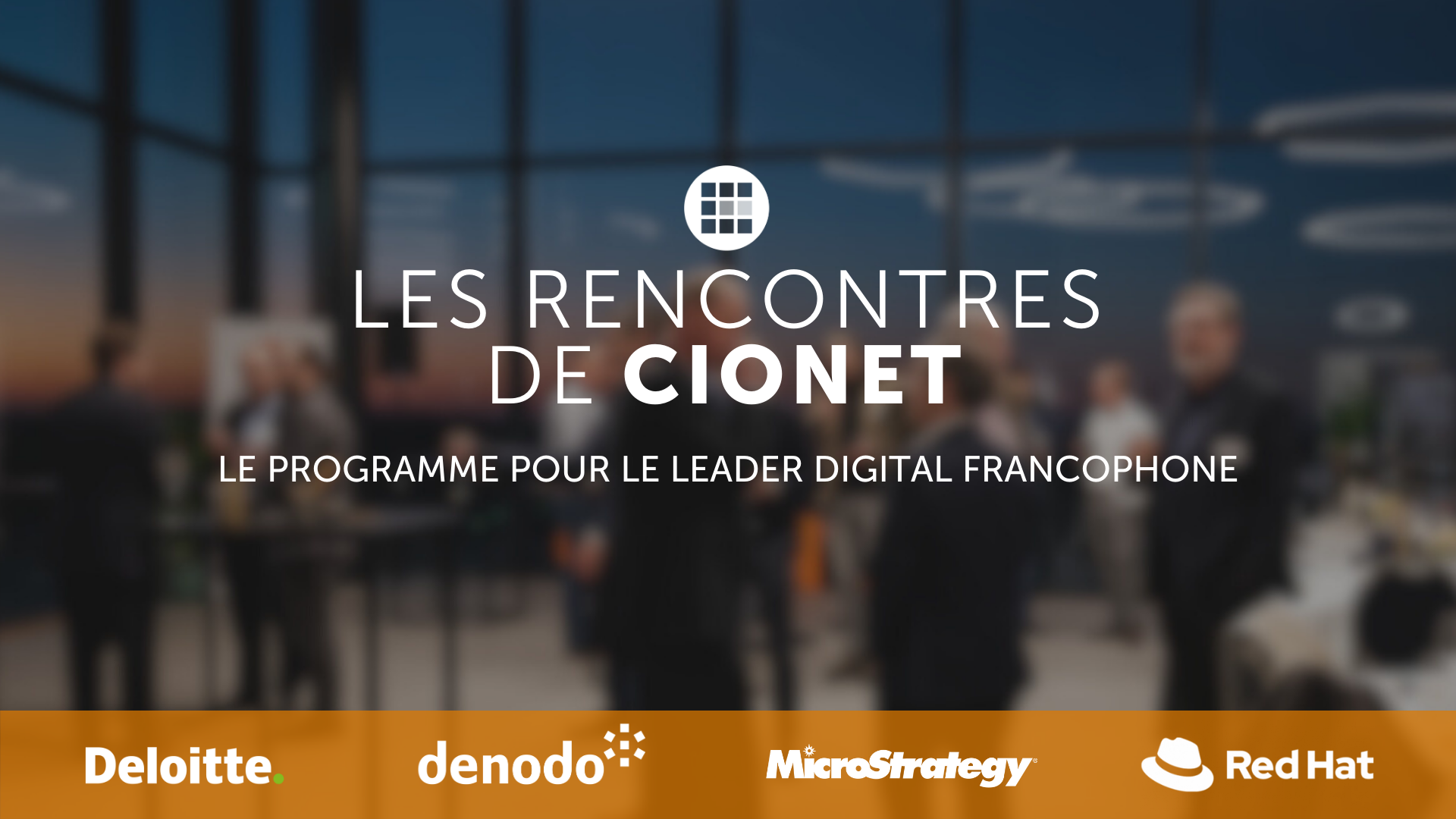
Découvrez la dynamique du leadership numérique aux Rencontres de CIONET, le programme francophone exclusif de CIONET pour les leaders numériques en Belgique, rendu possible grâce au soutien et à l'engagement de nos partenaires de programme : Deloitte, Denodo et Red Hat. Rejoignez trois événements inspirants par an à Liège, Namur et en Brabant Wallon, où des CIOs et des experts numériques francophones de premier plan partagent leurs perspectives et expériences sur des thèmes d'affaires et de IT actuels. Laissez-vous inspirer et apprenez des meilleurs du secteur lors de sessions captivantes conçues spécialement pour soutenir et enrichir votre rôle en tant que CIO pair. Ne manquez pas cette opportunité de faire partie d'un réseau exceptionnel d'innovateurs numériques !
Read More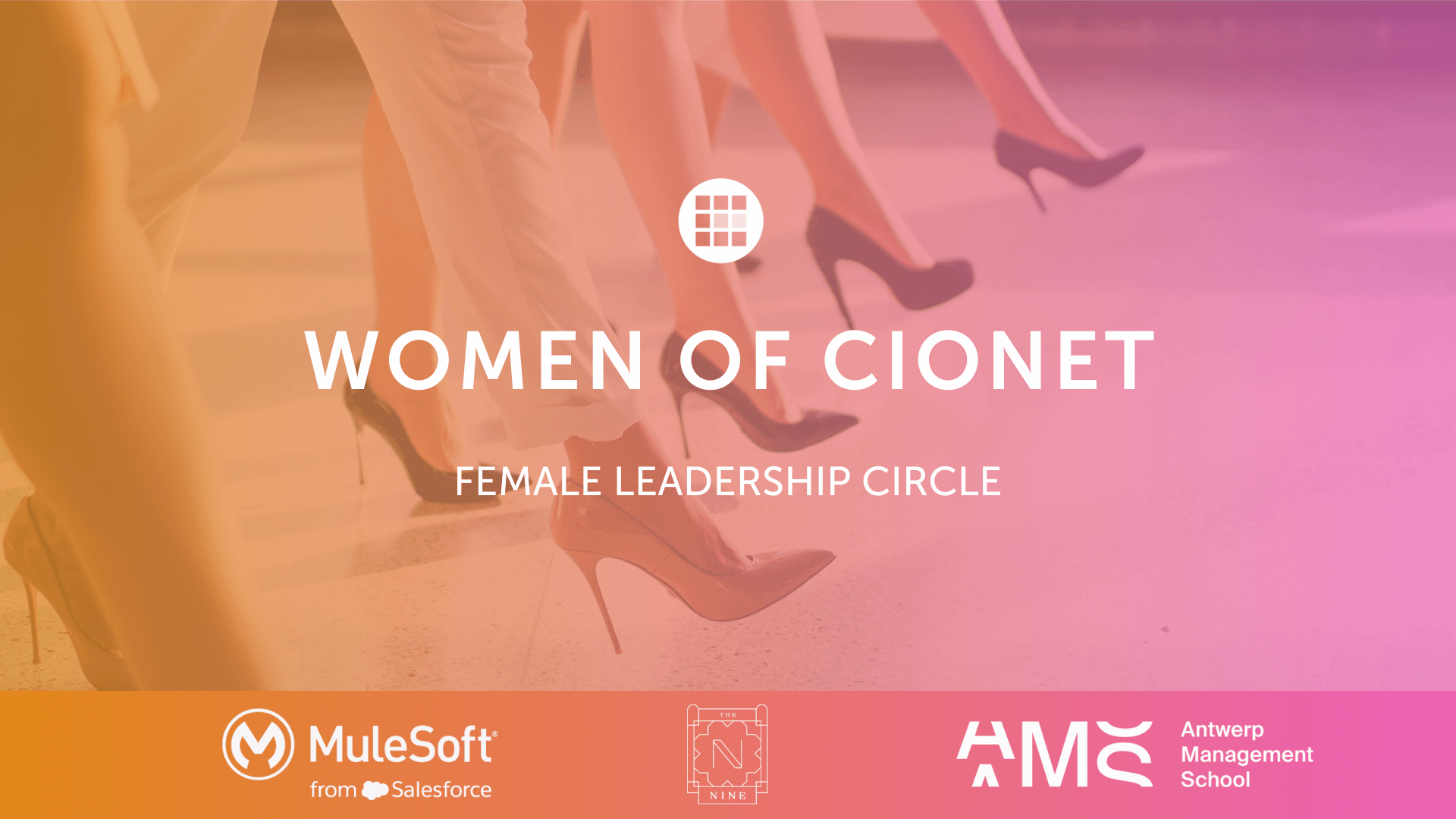
CIONET is committed to highlighting and celebrating female role models in IT, Tech & Digital, creating a leadership programme that empowers and elevates women within the tech industry. This initiative is dedicated to showcasing the achievements and successes of leading women, fostering an environment where female role models are recognised, and their contributions can ignite progress and inspire the next generation of women in IT. Our mission is to shine the spotlight a little brighter on female role models in IT, Tech & Digital, and to empower each other through this inner network community.
Read More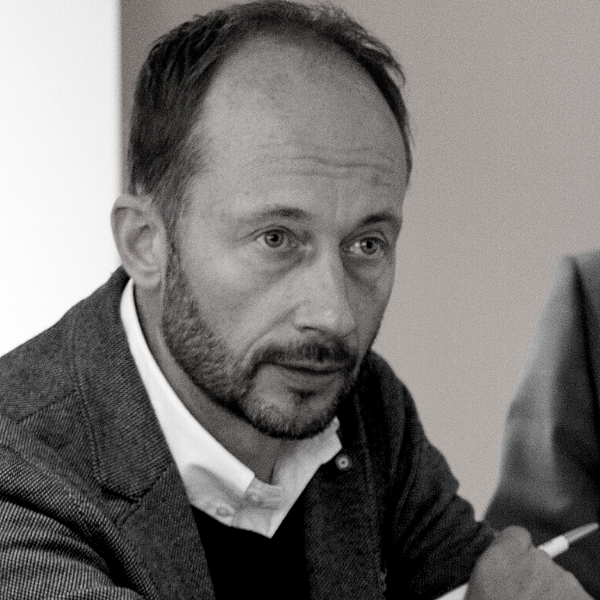


-Apr-01-2022-10-58-34-57-AM.png)









-Dec-13-2023-10-53-15-5032-AM.png)

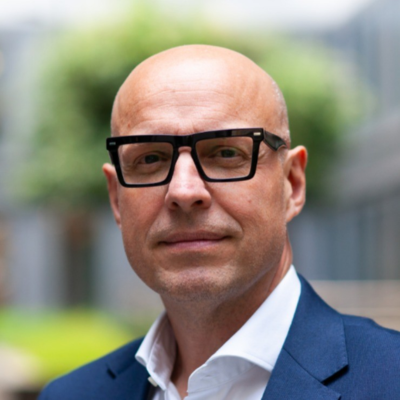

-Jun-12-2023-01-23-11-7540-PM.png)



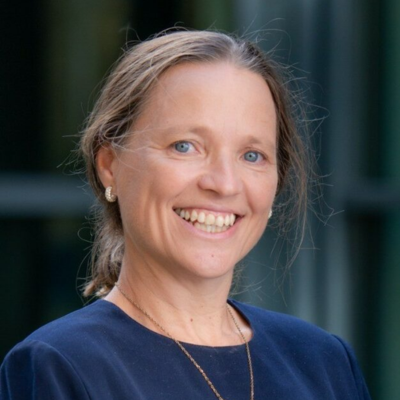
-Apr-01-2022-10-58-34-68-AM.png)



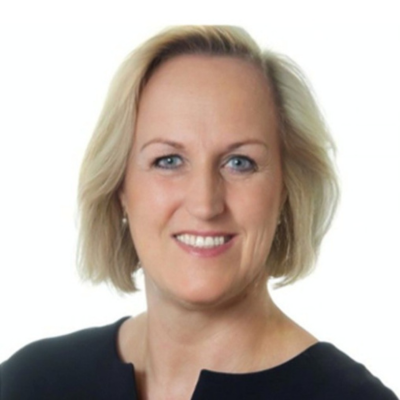


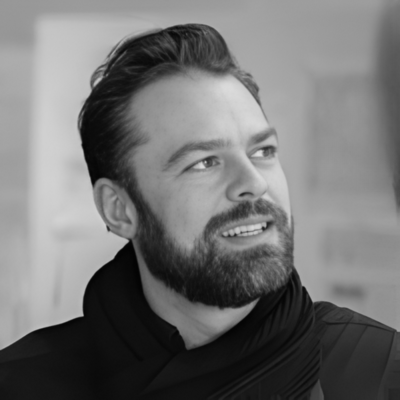

.png)


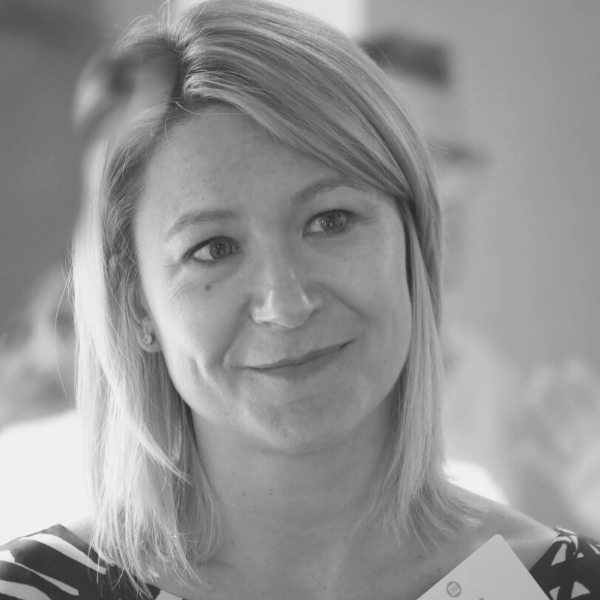






-Sep-01-2022-02-47-55-60-PM.png)
-Nov-22-2023-08-56-42-6802-AM.png)
.png)

Would you like to know more about CIONET Belgium, membership or partnership opportunities? Do you have feedback or any other question? Send us a message!
You can either send us a registered handwritten letter explaining why you'd like to become a member or you can simply talk to us right here!